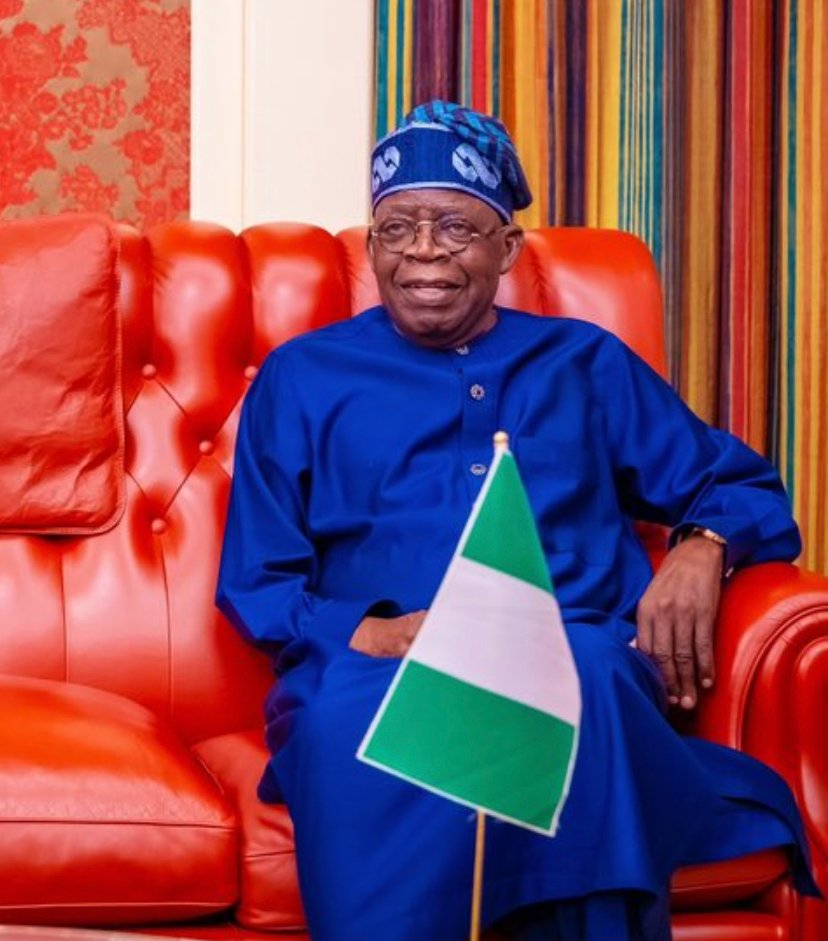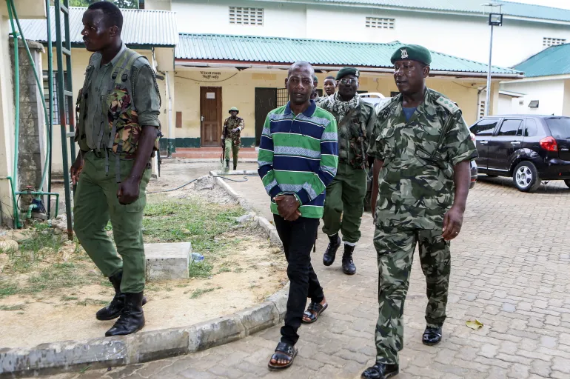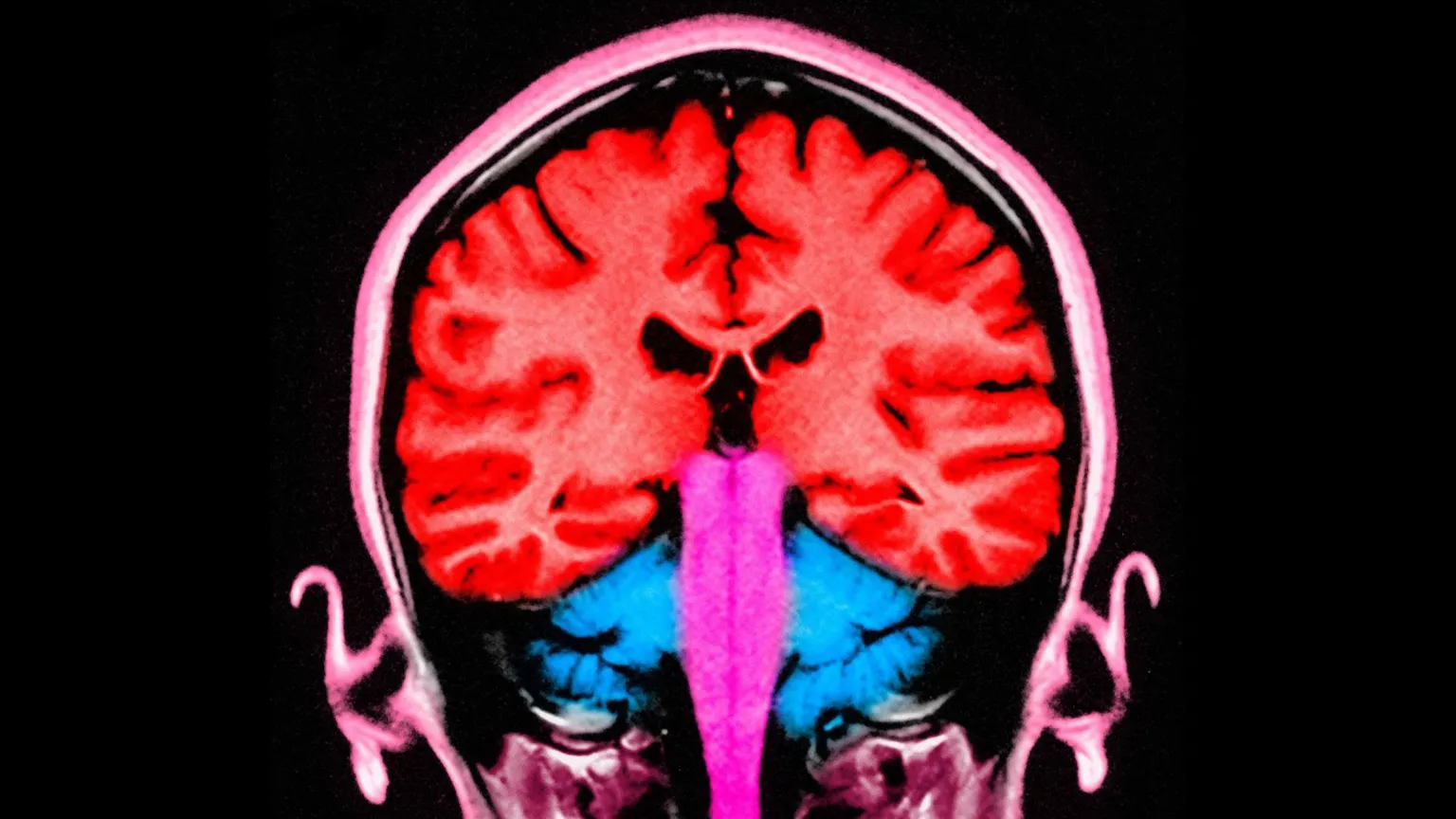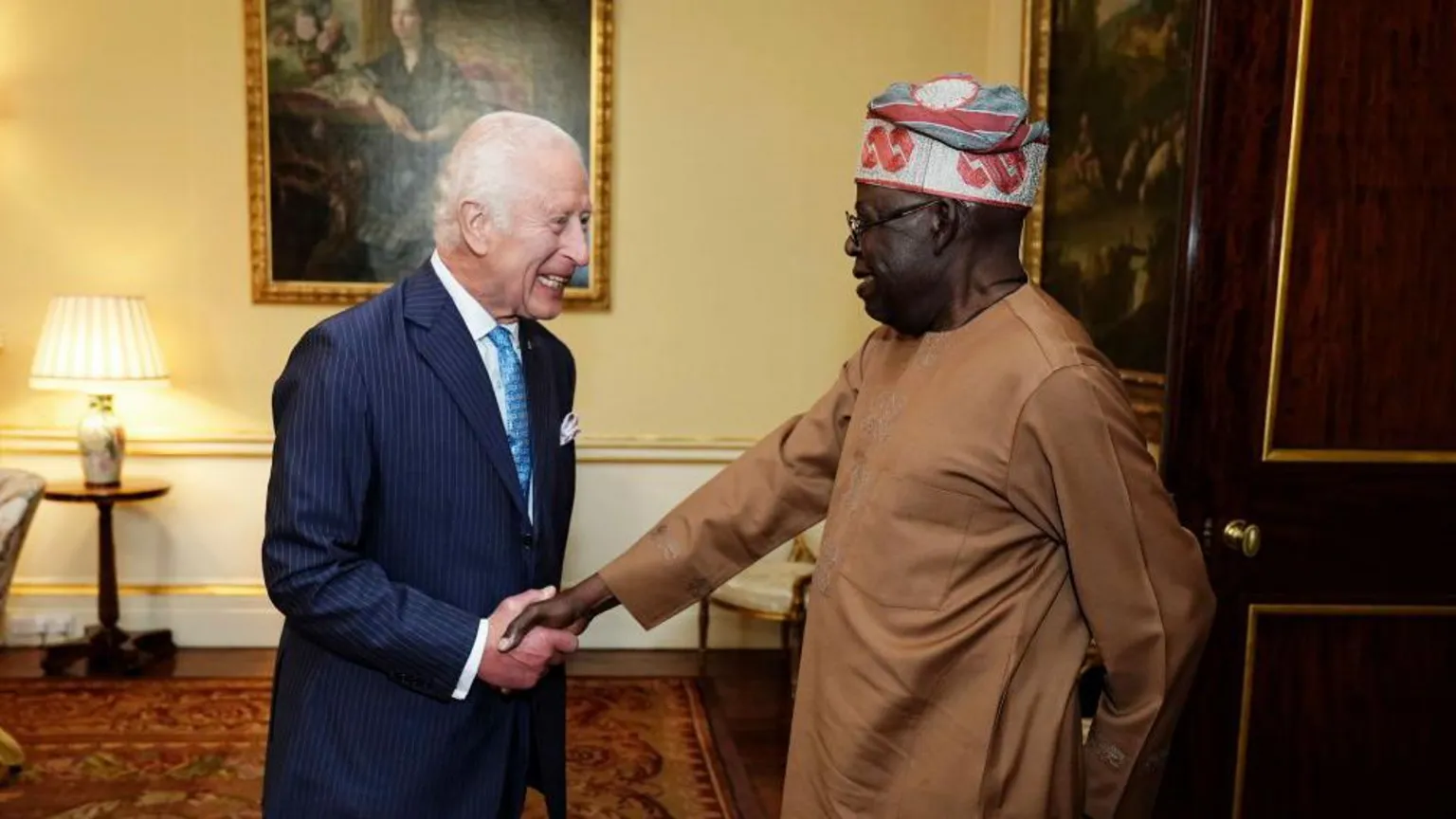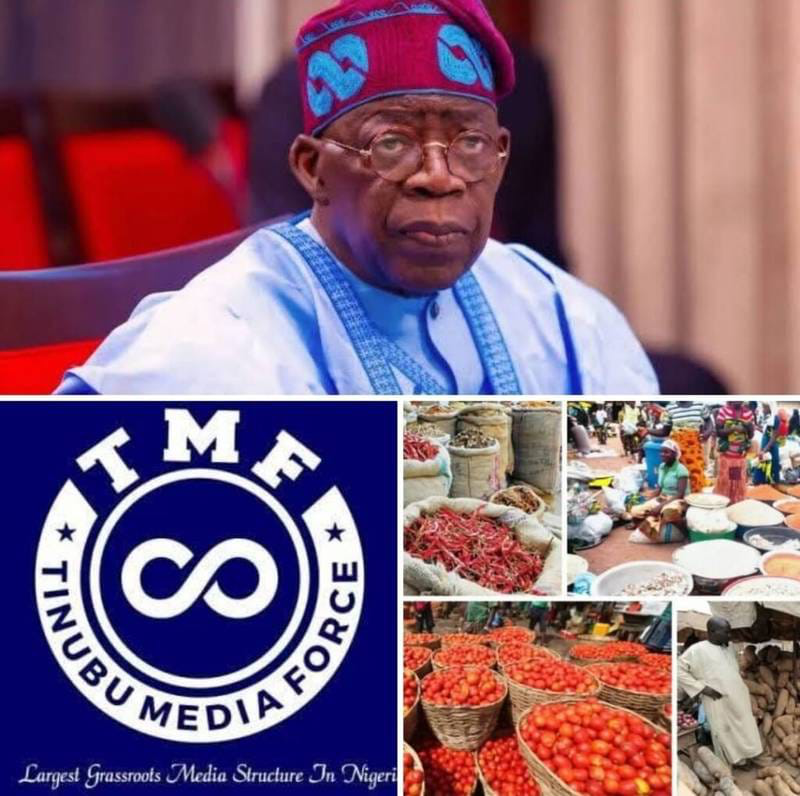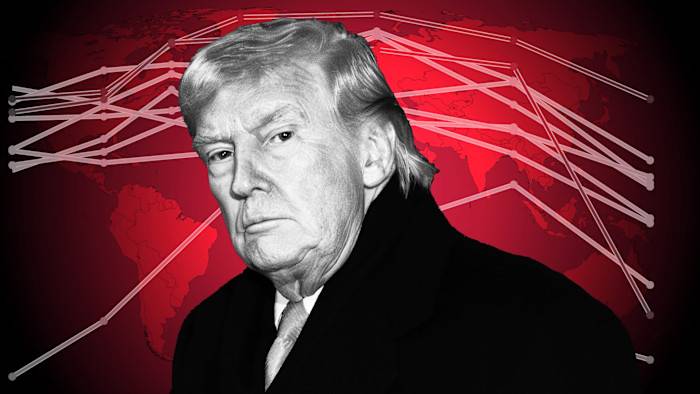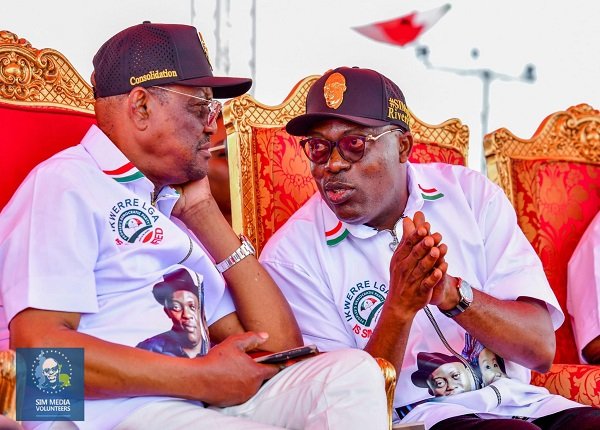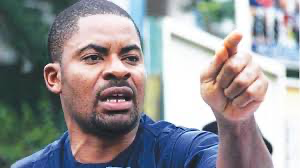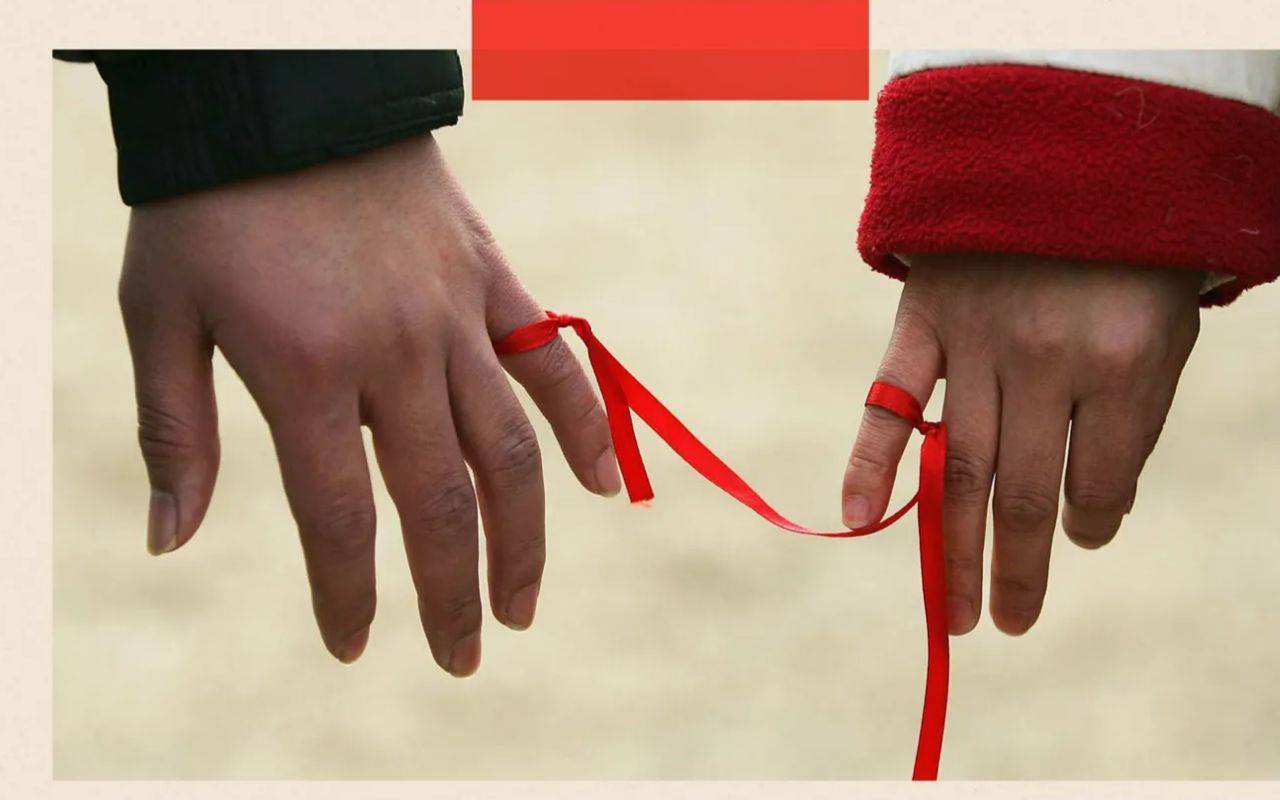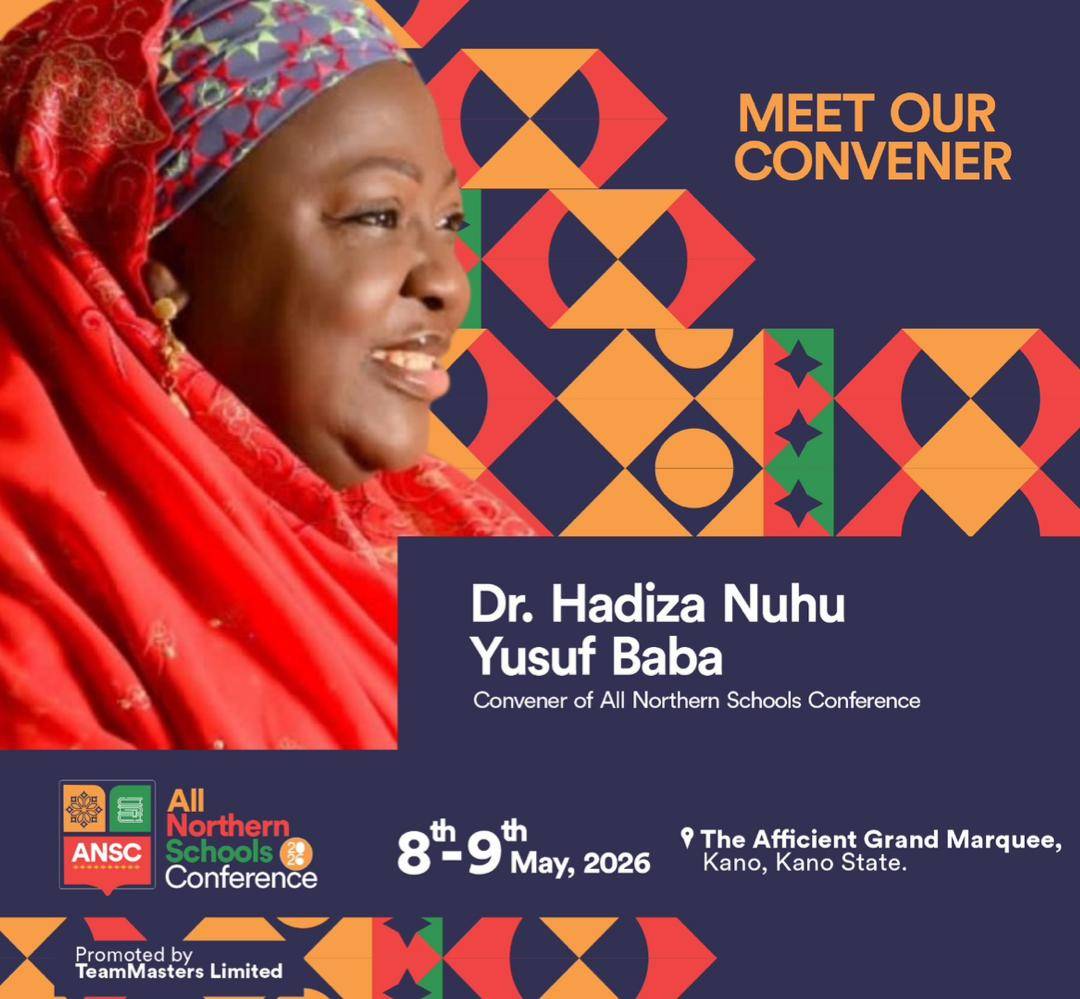By Emmanuel Oladesu
Uneasy lies the head that wears the crown and shoulders the burden of leadership in a country that has been battered, mismanaged, deprived, and emasculated; a potentially great ‘nation’ gasping for breath across the critical sectors due to bad luck and lack of direction.
The neck of the incumbent shrinks due to the heavy load he applied to carry. The hurdles to cross are many. The road to recovery is lengthy and laced with thorns. The right medications for multiple illnesses are available. But the right physician is being resisted. Political foes and other unpatriotic elements are at work trying to thwart efforts at rebuilding the faulty edifice. There is no demarcation between the time for governance and the time for politicking. Time is also not a friend. It waits nobody.
The people, having conferred the mandate, are impatient after the poll. They want instant results from the magician they have conjured. No further explanation would be tenable. A decade-old puzzle must be solved in a day, in the twinkle of an eye. It is the irreducible criterion for justifying the claim to power.
The solutions, now rightly and properly applied, are accompanied with pain. It is not punishment but a necessary appeal for sacrifice. Although the pains are temporary, the intended beneficiaries of reforms perceive them as the continuation or aggravation of the pre-existing conditions. The good intention is grossly misunderstood. The import of the long-term benefits is never internalised.
Ardent critics are not looking at what has changed for the better. They are only focusing on what remains to be achieved and amplifying the implications of an unfinished business. They know that the pains have to be endured and there is light at the end of the tunnel. But they are regressing to the pastime of raising the alarm and fabricating fables against noble intentions.
Those who mean well for Nigeria, those who aspire to lead with fidelity, patriotism, candour and sense of responsibility face these dilemmas.
Being in competition with small minds and forging ahead in the service of the people demand staying courageous, remaining focused, taking decisive actions in national interest, being above board and remaining committed to the goal of salvaging society, even if it inevitably involves stepping on toes.
Actions that men of history took and later attracted commendations from future generations were hardly popular with those who lacked a realistic appraisal of their agenda for the transformation of society. But their names are written in gold after achieving positive results, serving as models and reference points in moral value, resilience and statesmanship.
Asiwaju Bola Ahmed Tinubu, President of Nigeria, would be in this mould of giants of history with the passage of time. He is on a rescue mission at a critical time the highly heterogeneous, far-flung nation-state is struggling to recover from long years of illusion under successive misdirected leaders.
But he also has to pay the price of leadership, including the endurance of mistrust and sabotage, the endless distractions by those afraid of innovative approach to governance and the antics of ethnic and religious bigots.
The current government inherited a country in huge debt; a country fretting under the scourge of terror, unemployment syndrome, infrastructural deficit, power shortage and heavy fuel importation. It also inherited a country torn apart by ethnicity and religiosity. The solutions to these symptoms were captured in the historic manifesto: ‘Renewed Hope Agenda.’
As Nigeria counts its gains and losses, 25 years after the restoration of civil rule, it is indisputable that the Tinubu administration would be considered as a major gain. The President is taking far-reaching decisions, which the unwary would misinterpret for selfish reasons. Nigeria is made to face the reality of the fact that if its dream of a greater tomorrow is to be realised, it may be necessary for it to pass through the furnace, once and for all, and reinvent itself, clear the Augean stable, do what the Asian tigers did to rise like the phoenix and secure a better future for those yet unborn.
One of the steps this administration has taken was the removal of subsidy. It is very challenging. But the alternative is to promote business as usual and allow a few barons to continue to milk the country dry to the detriment of the majority of Nigerians. In the process, government has been able to save billions. States get richer through a better allocation from the federal purse.
What remains is for majority of states, which are pretending as if their finances have not improved, to emulate the few states where their governors are creatively deploying the higher resource allocations to fund accelerated development in their domains.
As palliatives have floundered, government should realistically channel more resources into sectors that offer qualitative social services. If the burden of expensive school fees for students at the secondary and tertiary levels is lifted from parents; if free and quality health services for all is guaranteed for the aged, expectant mothers, youths and children; and if public transportation is made easier by putting a larger number of buses on the road; if the increased allocation from the centre is complemented by honest leadership; if the nation enjoys expanded rail services, Nigerians would understand these as expanded dividends of democracy.
It is gratifying that the Federal Executive Council (FEC) parades performing ministers and ministers of state overseeing the various ministries. They include Nyesom Wike in the Federal Capital Territory (FCT), Dave Umahi in Works, Fesyus Keyamo in Aviation and Aerospace Development, Wale Edun in Finance, Dele Alake in Solid Minerals Development, Olubunmi Tunji-Ojo in Internal Affairs, Doris Anite in Trade, Industry and Investment, and Lateef Fagbemi (SAN) in Justice, to name only a few of them. The onus is on them to sustain their achievements.
President Tinubu is also focusing on infrastructure battle nationwide. Attention is on the Lagos-Calabar coastal highway, the East-West road, the remaining part of Lagos-Ibadan Expressway and the proposed Lagos-Sokoto road. Yet, countless other road projects, reconstruction, rehabilitation and even patching are going on simultaneously across the six geo-political zones. What is required is a sustained tempo on the projects throughout this first term.
The President has paid excellent attention to the economy. It is the crux of the matter. New monetary and fiscal policies are being pursued to stabilise the economy, strengthen the Naira and enhance production.
Productive activities are key. If government can ensure regular power supply and resuscitate the dead refineries, the manufacturing sector will bounce back and news industries will also spring up to generate more jobs for the unemployed. The strengthening of the currency against the dollar depends on the level of productive activities. There is no short-cut.
Security has remained a priority. The administration has invested huge resources to protect lives, businesses and property. Though the battle has not been completely won, bandits are being dislodged from their hiding places. To fully win the war, all Nigerians should be involved. At a time of anxiety like this, the battle against insecurity should be a collective duty involving, not only the Armed Forces, but also all the people across communities where intelligence gathering is still in short supply.
It is good news that the student loan scheme has taken off. It will greatly assist indigent students in their studies and prevent drop-outs. This is a federal scheme. If states cannot follow suit, they should broaden the scope of scholarships and bursaries to “students of origin,” as it is their custom.
The robust agricultural policy of this administration was designed to enable the country become self-sufficient in food production, thereby boosting food security. There is capital flight, owing to food importation. More emphasis should now be on agro-allied industries. Farmlands should be peaceful. Bandits should be flushed out so that farmers can concentrate on tilling the ground in anticipation of bountiful harvest.
Many other achievements, which are deliberately ignored by critics, could be credited to President Tinubu. He has come across as the National Leader of Nigeria; a father figure, detribalised, a promoter of equity and inclusion for the purpose fostering a sense of participation and belonging across the six geo-political regions. He is accessible, he listens and accords respect to stakeholders, and never claims to have a monopoly of wisdom. On a number of occasions, he has moved swiftly to correct mistakes through reversals. He is a democrat.
Nigeria is being repositioned on the path of federalism. The evidence is the government’s inclination towards devolution or decentralisation of policing power, rail power and the push for local government autonomy.
Above all, the President is a believer in the rule of law and due process. An anti-corruption war is being waged with vigour and without any interference and preferential treatment. Court orders are given special respect and the Bar and the Bench are pursuing their own reforms for internal cleansing.
There are more opportunities to do great exploits. The next three years should be characterised by speed, more dedication, a better coordination of government activities, a better evaluation of policies and programmes, an improved communication with the public for enlightenment and feedback, and an utmost fidelity to the agenda for salvaging Nigeria.


